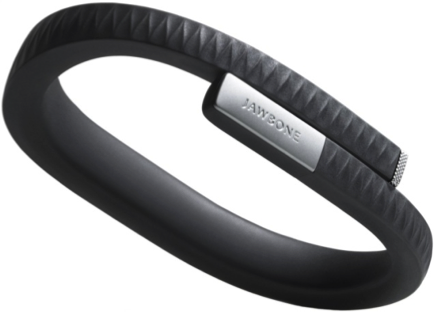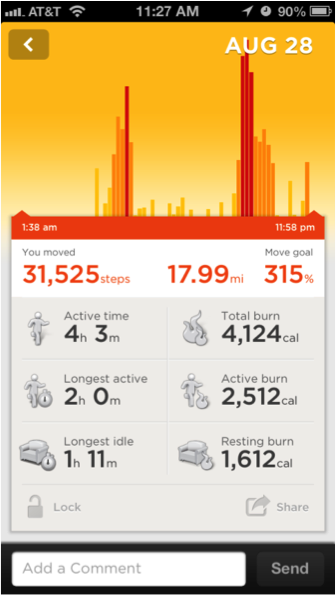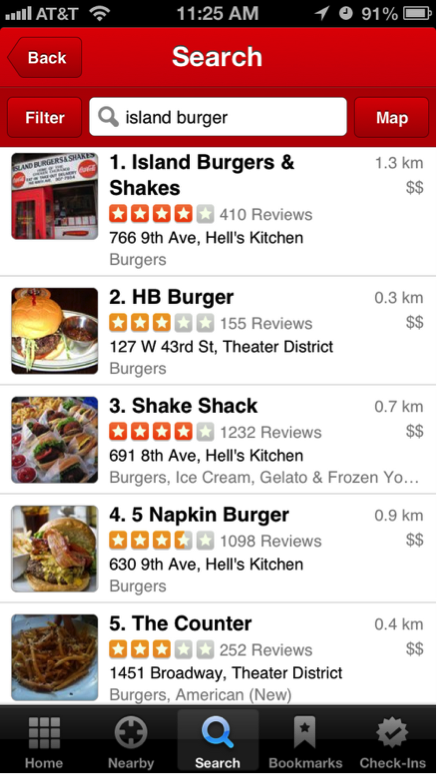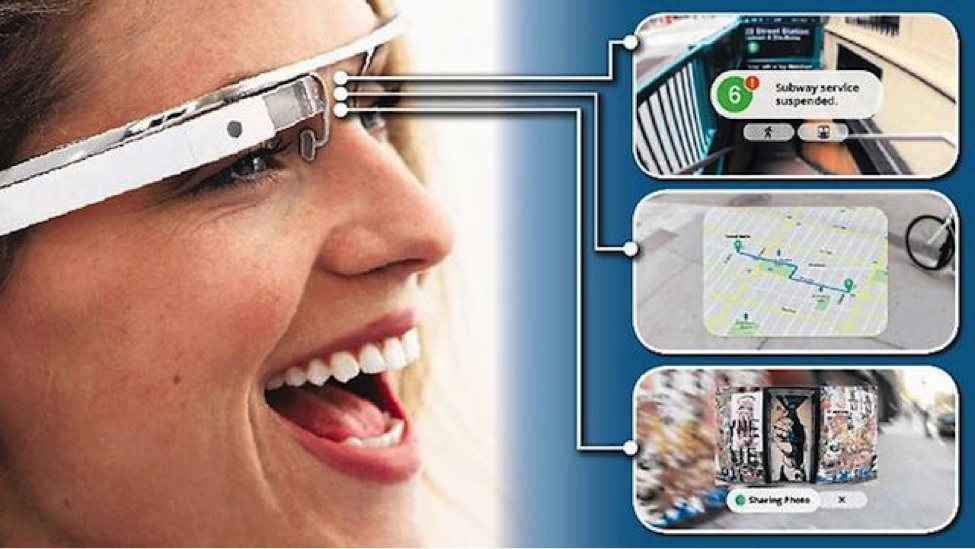
Many of us in the digital industry have been trading in the currency of page views, unique users and related metrics for some time now. Most industry professionals have probably been involved in measuring the impact of digital advertising – from search-lift and view-thru studies to recording lifts in brand metrics and sales – all very important for benchmarking performance against objectives and improving in the future.
If you are a research nerd like me, you may have even been involved in newer techniques, conducting biometric studies using neuro-caps, heart rate monitors and facial recognition software (along with the accompanying teams of neuro- experts). Engaging in all of this to understand the human response to various digital stimuli (e.g. articles, videos, and ads). We do all of this to improve future experiences.
All of the above data are very interesting to me, and I must disclose that I am fascinated by the ever-increasing range of technologies that enable us to measure behaviors and responses (as well as the accompanying popular science that helps us understand what it all means). However, for this post I want to focus on something that is tangentially related but also broader reaching and more personal – what I like to think of as ‘socialized data’.
So what do I mean by this? One of the main starting points in understanding socialized data relates to the notion of the quantified self. The ‘quantified self’ is a term coined around 2007 to describe people that take it upon themselves to capture data about various aspects of their health and daily lives. This data is often as simple as weight or estimated calories burnt, but there has also been a recent proliferation of wearable devices and Smartphone apps on the market that help us more easily track this kind of data and more.
Personally, as a relatively active person outside of my digital day job, I wear a couple of activity bands and have some Smartphone apps. These all combine to estimate the distance I have covered in a day, the effort I exerted, what personal records were (not) broken, plus other niceties like encouraging audio messages from sports champions delivered to my headphones. My personal technology even records the duration and quality of my sleep.
If you doubt the popularity of this quantified self movement, just take the Nike+ FuelBand for example. Upon the FuelBand’s release, online orders were reportedly sold out in FOUR MINUTES!! According to paperwork filed with the SEC in the United States, Nike’s ‘Equipment division’ responsible for the band saw an 18% rise in profits YoY, largely attributed to the band. My point is, Nike sells a lot of these things because people are hungry to capture this type of data.
Enter the socialization of data. With so many people ‘quantifying’ themselves, it becomes truly powerful once we start sharing and centrally compiling that data and benchmarking performance, just like we do in the digital industry. So here are the 3 ways you can leverage this trend to make your life better:
1. Want to be more active? With the UP wristband, for example, you create teams of friends to compare your activity. I am able to understand how my daily performance stacks-up because of the mass-centralization of this data and I can actually adjust my training, eating, and sleeping based on this knowledge.
Setting benchmarks and aiming to beat those benchmarks is a key factor to success for many things – and just like conducting digital research helps us build better online content and functionality, the socialization of data has the power to make your life more efficiently active.

2. Want to get home from work faster? Let’s take a look at Waze, the app centered around socialized data. It combines traditional GPS turn-by-turn navigation with real time traffic movements uploaded from users’ mobile devices. This app navigates you away from slow routes and accidents (data such as traffic speed is reported seamlessly from mobile devices with the app installed and users can also manually report additional information such as speed traps). Here is a good video explanation of how it works:
In fact the value of Waze’s social data was proven when it sold to a web behemoth for a reported US$1.1Billion. At the time it had almost 50MM users in the US and drivers using the app had logged over 1.6 Billion kilometers while using Waze, that’s a lot of saved time!
3. Want to eat more delicious food? Let’s take a look at restaurant review app Yelp. In the US it has over 100MM users per month (which, by the way, grew 43% YoY) and has logged around 40MM user-generated reviews. The mass compilation of this review data allows users to avoid terrible restaurants and tap the collective knowledge of millions of users’ experience on which to base your next date night or on-the-road dining experience.

So, with such a robust early-adoption of socialized data, we haven’t even discussed wearable technologies such as watches and glasses which hold a world of promise (I may talk about this with more detail in future posts). I have not discussed the potential societal health benefits of access to a vast array of diet and other health data (see the GPS asthma inhaler which geographically records asthmatic events). And I have not discussed the potential marketing opportunities that promise to help filter out more irrelevant marketing messages than ever before.

My point is simpler than the above (for now): many individuals are capturing their own day-to-day data, comparing it to others’ records and using this knowledge to make themselves and their daily lives better. The mass adoption of data collection and, more specifically, the collective sharing of that same information is driving a data-centric revolution which has very real and potentially life-changing benefits. So with that I say – more data to the people!